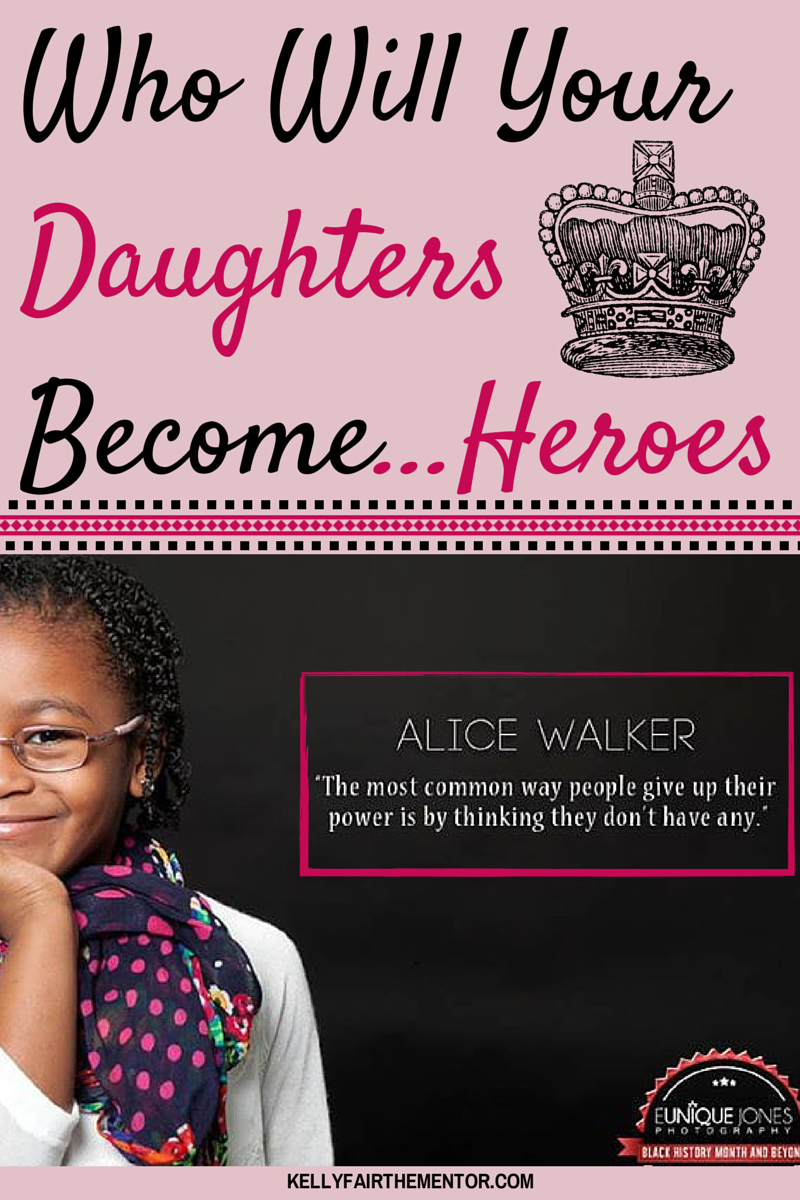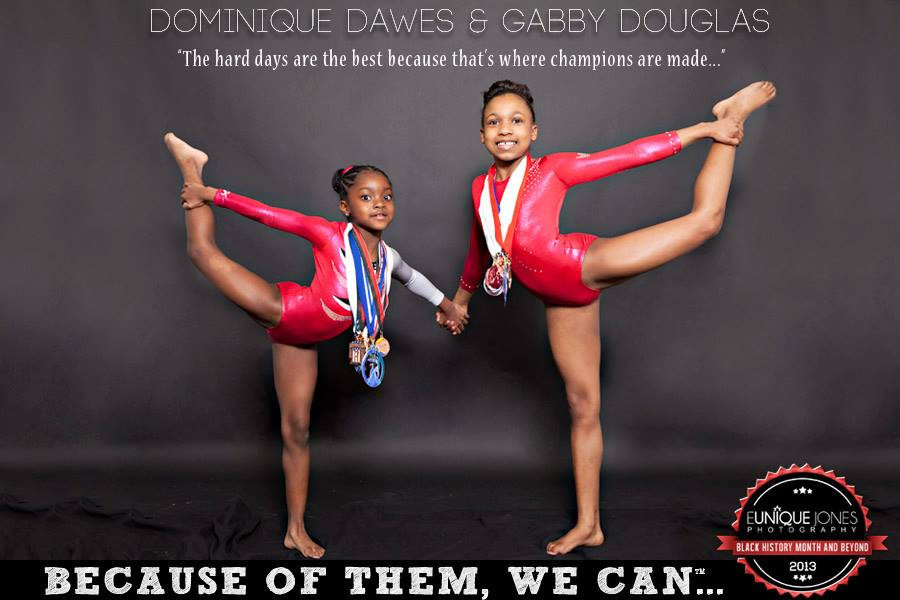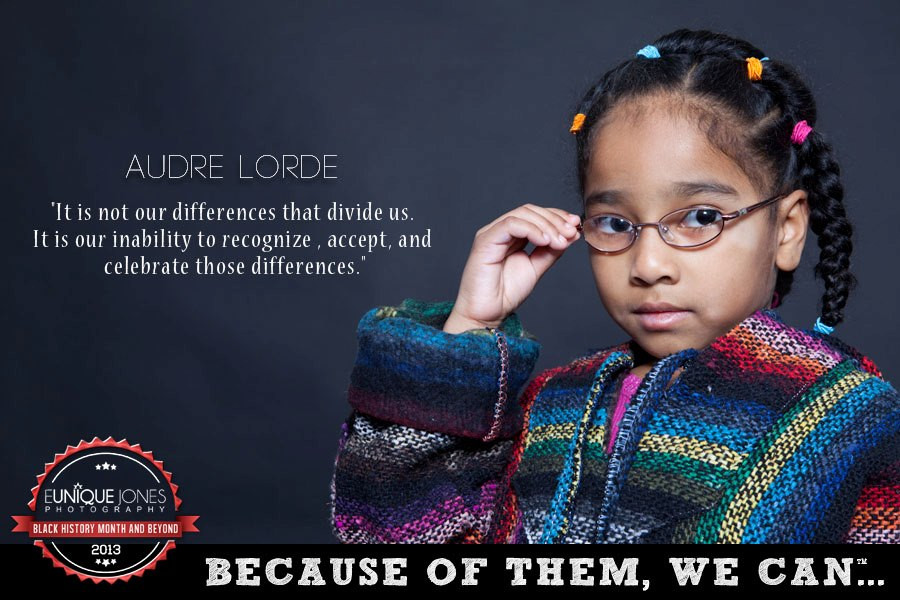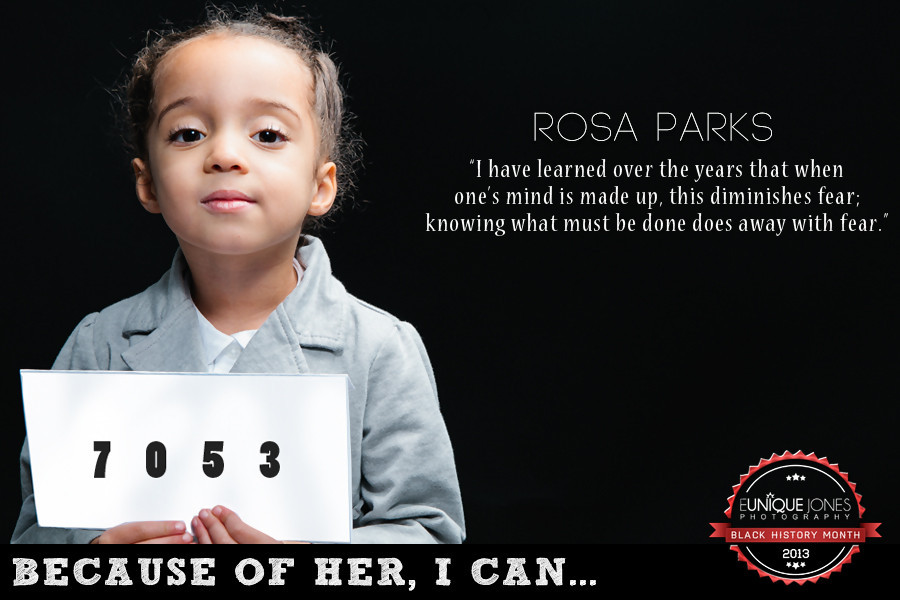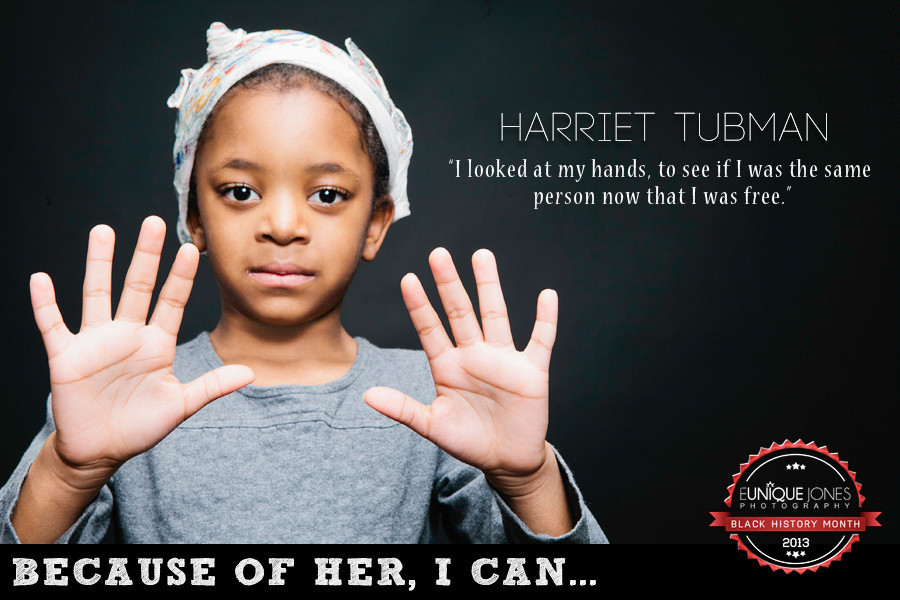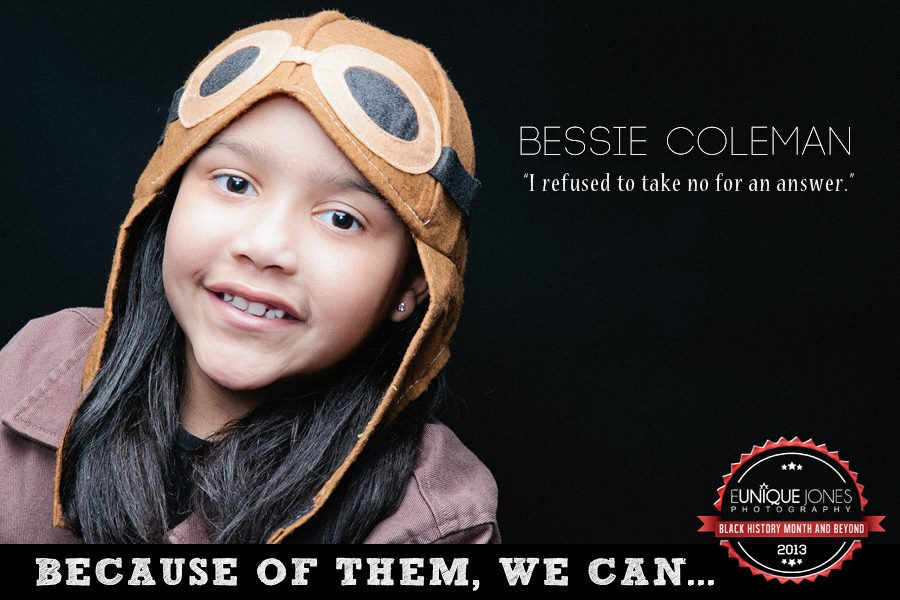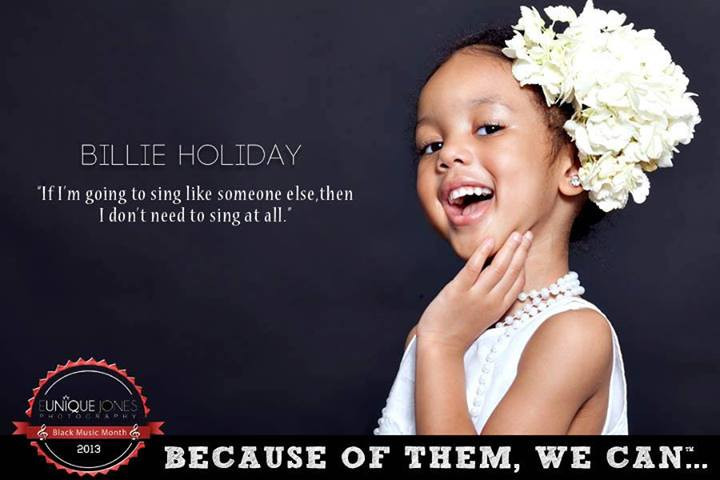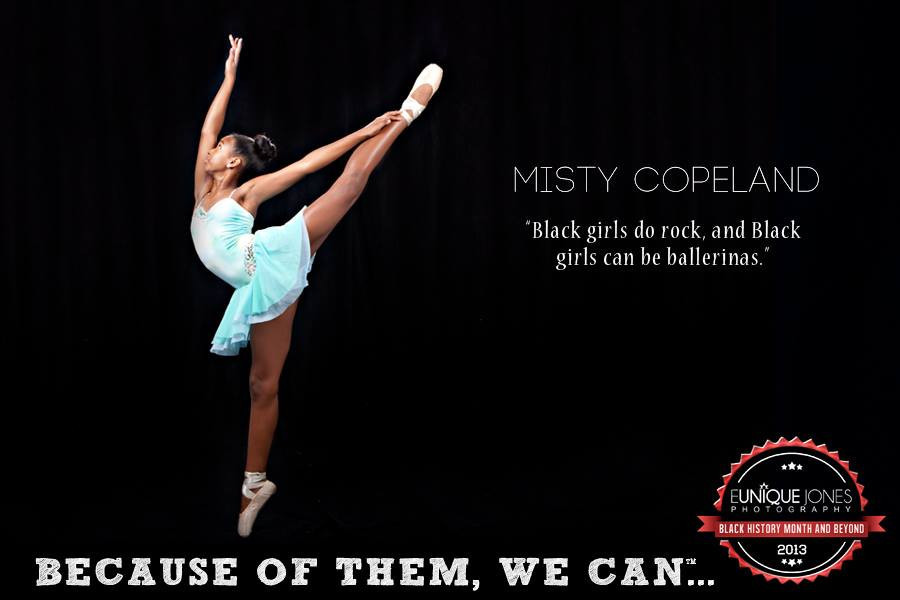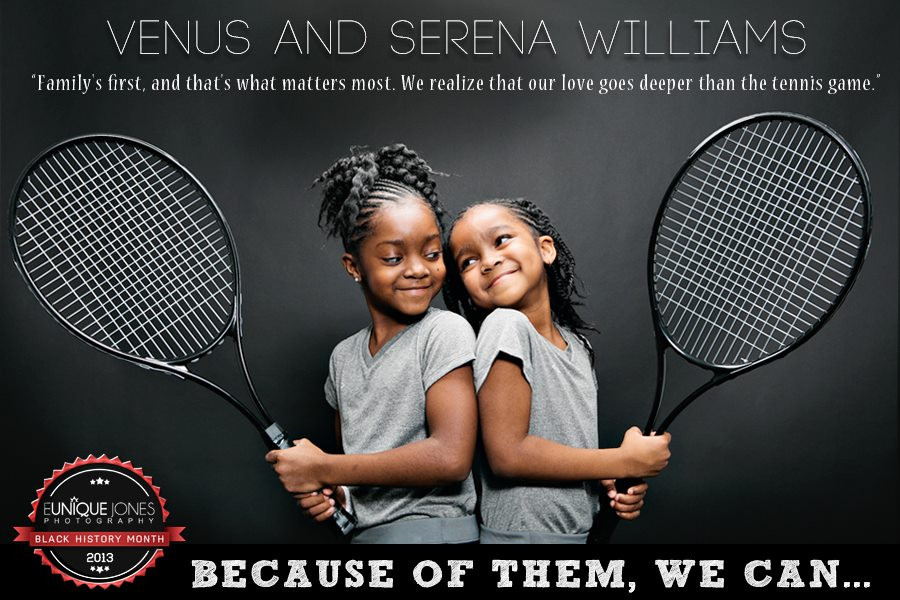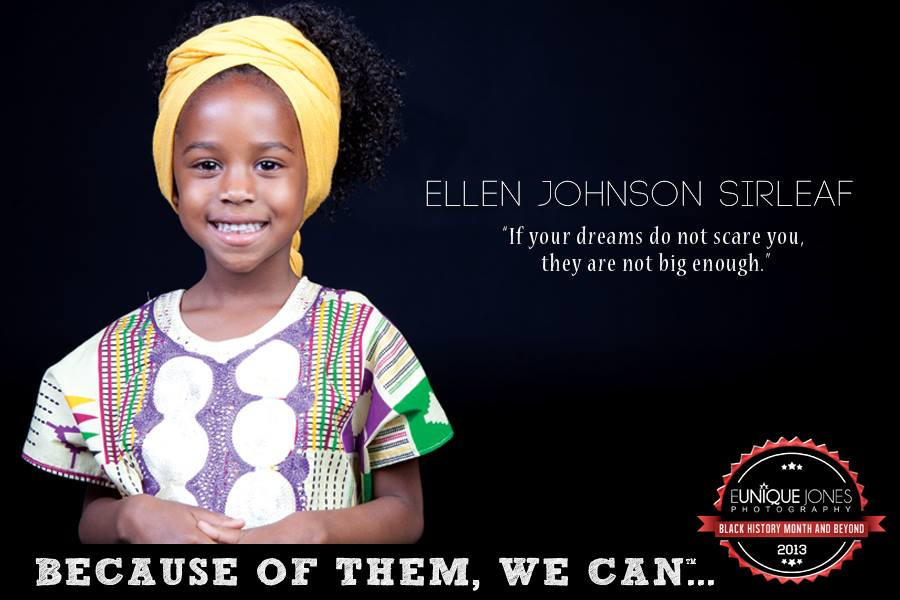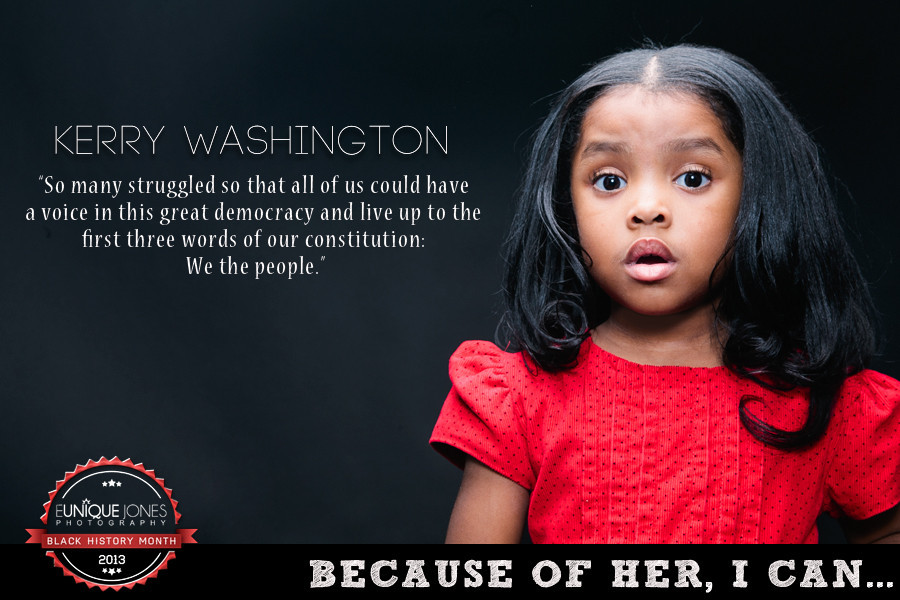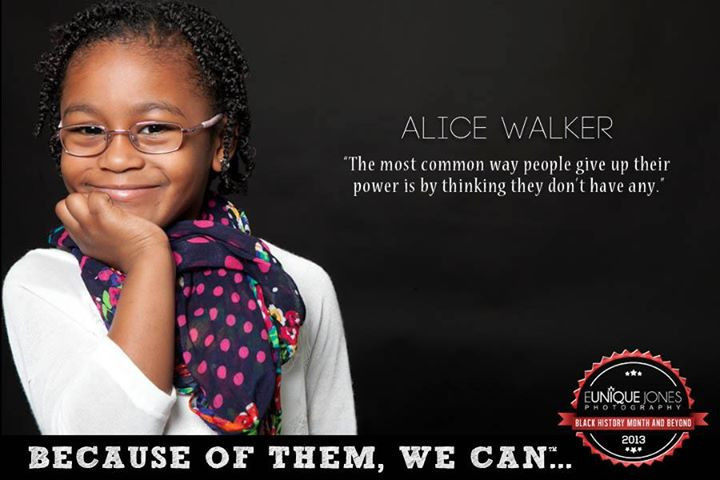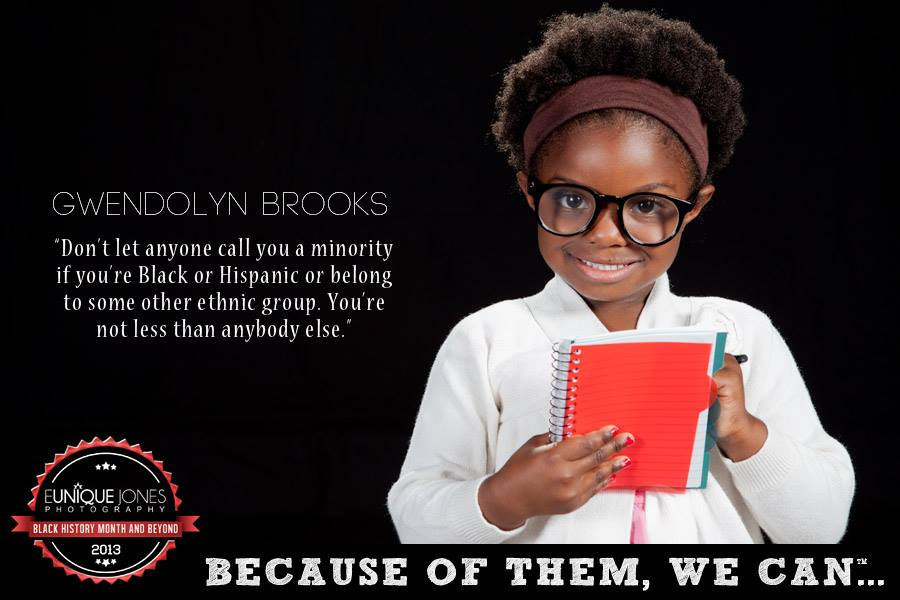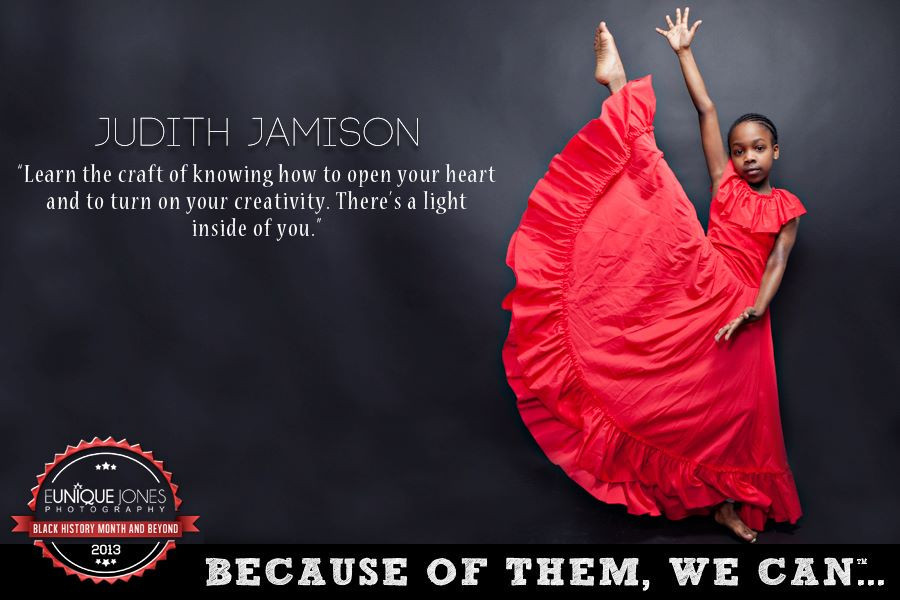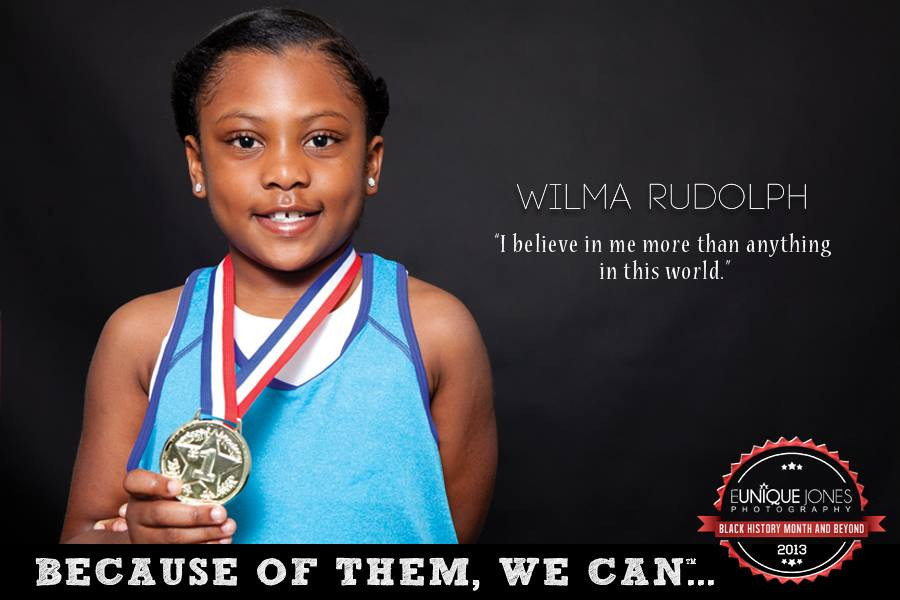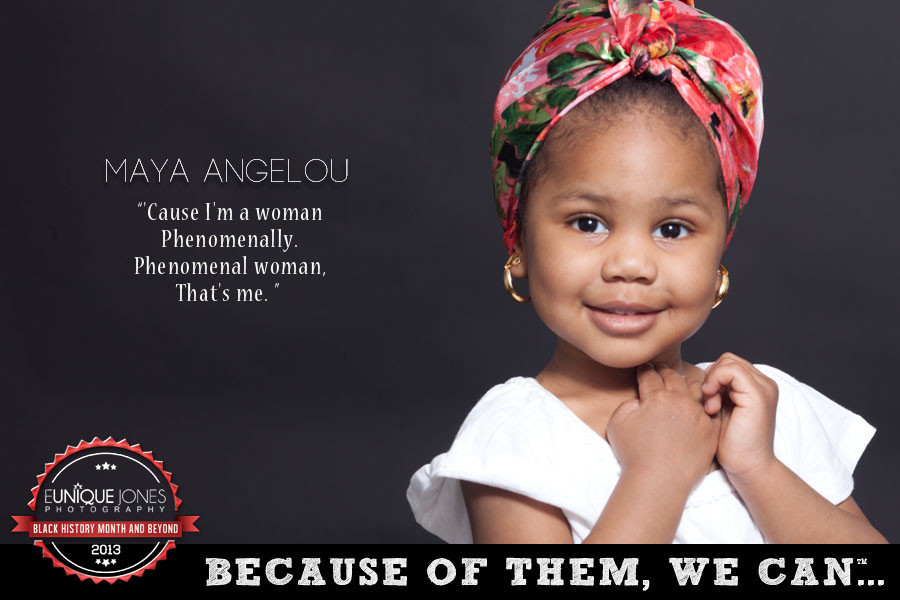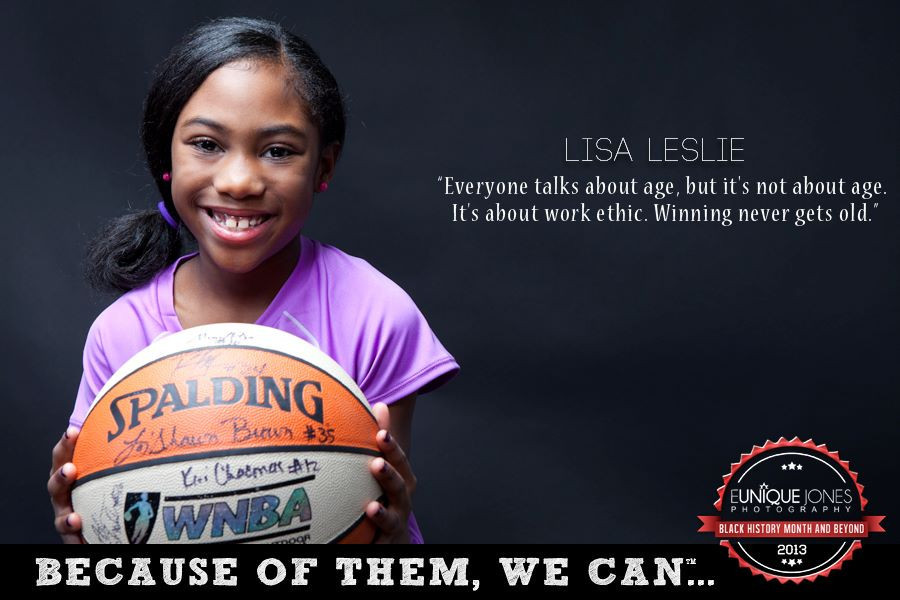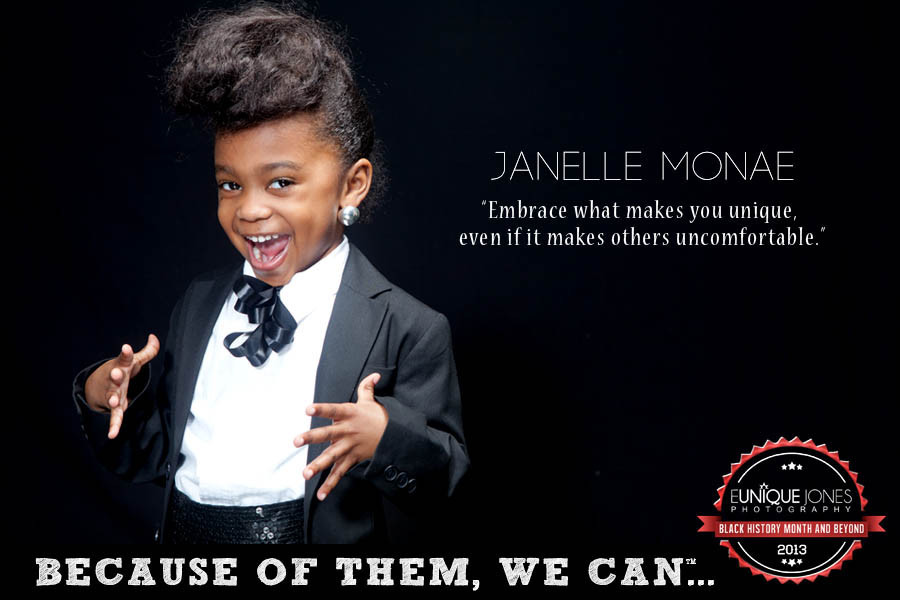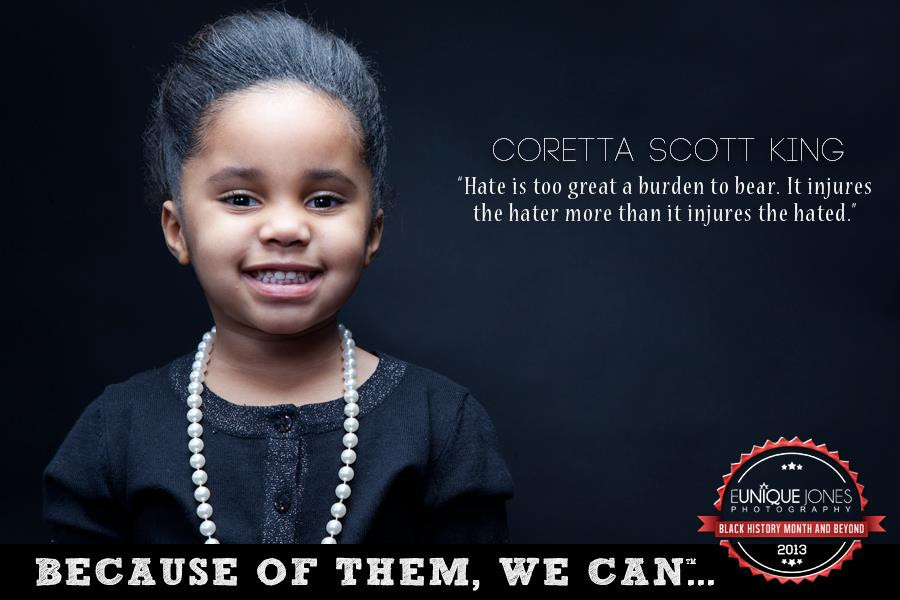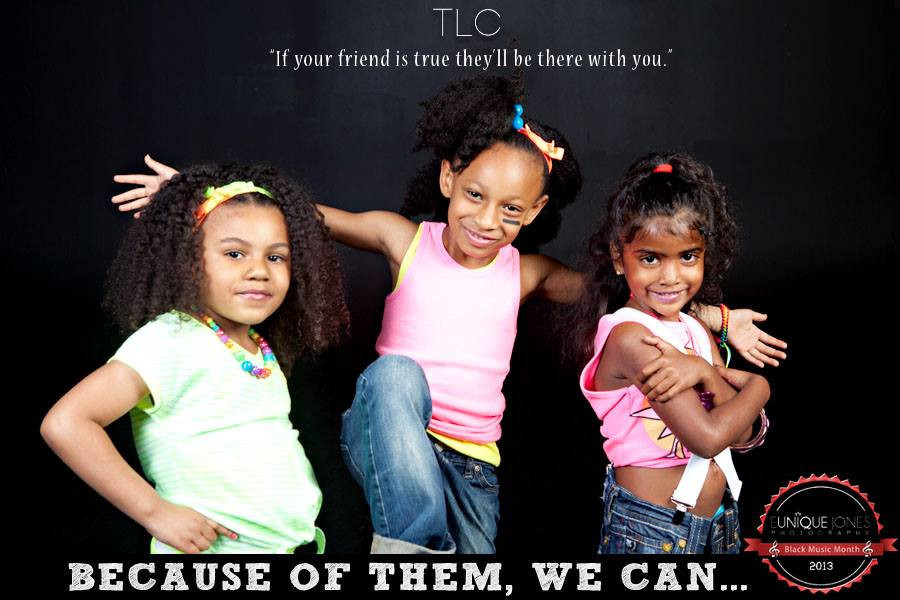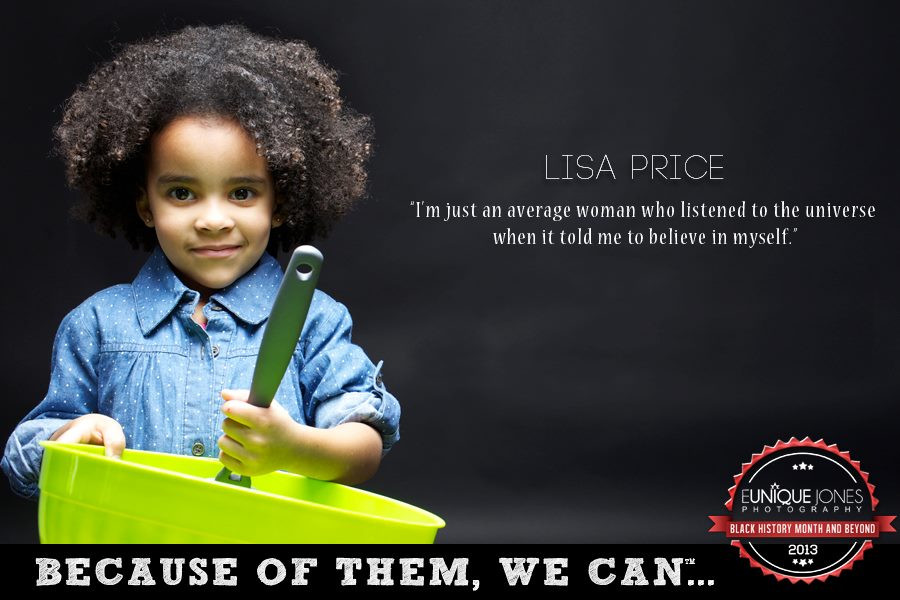Polished Pebbles Girls Mentoring Program strives to prepare our girls to not only be effective in the workplace, but also be supportive friends. Our Communication Pillar states:
Our focus is mentoring girls to become strong, effective communicators in all aspects, including interpersonal communication and communicating respectfully with adults and peers.
We strive to supplement the traditional learning our girls get in school by focusing on  more social-emotional learning skills. Just as with reading and writing, they are a set of competencies that help people to succeed in life.
more social-emotional learning skills. Just as with reading and writing, they are a set of competencies that help people to succeed in life.
One competency is Relationship Skills.
What are relationship skills?
It is the ability to establish and maintain healthy and rewarding relationships with diverse individuals and groups. These are the skills to:
- Effectively communicate
- Actively listen
- Cooperate with others
- Negotiate conflict
As a parent/guardian, what can I do to further my child’s relationship skills?
There are many things you can do at home to help your child develop relationship skills! Including:
- Teach and model empathy
- Involve your child in community groups or sports
- Have family members share “highs” and “lows” of the day
- Have friends over for a playdate
- Ask for your child’s opinion in small family decisions
How will I know my child has developed positive relationship skills?
You will see your child develop positive friendships. They also might show the following qualities:
- Have emotional awareness
- Be able to compromise
- Know how handle conflict

 Last Saturday, Polished Pebbles hosted its April Second Saturday event with GirlTrek. They lead a walking tour around Bronzeville to teach our girls the history of the neighborhood and its importance to the city. Which has lead us to ask you, “How much do you know about Bronzeville”?
Last Saturday, Polished Pebbles hosted its April Second Saturday event with GirlTrek. They lead a walking tour around Bronzeville to teach our girls the history of the neighborhood and its importance to the city. Which has lead us to ask you, “How much do you know about Bronzeville”?



